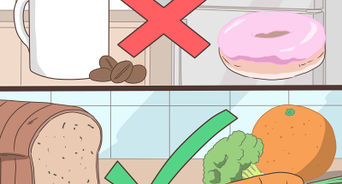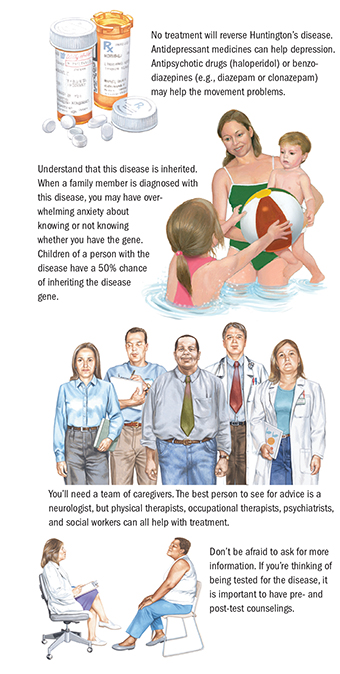How Can You Cope With the Symptoms of Huntington’s Disease?

Huntington's disease (also known as HD), is a neuropsychiatric, genetically degenerative, progressive brain disease – a neurodegenerative disease. The disease, however, causes neurons in the brain to die at an unusually fast rate, making changes in a patient's mental functions, perception, and behavior.
A patient suffering from Huntington's Disease has many of the same characteristics of other neurodegenerative diseases such as Alzheimer's Disease, Parkinson's Disease, Lou Gehrig's Disease, and several forms of cancer. However, Huntington's Disease is unique in that it results in an abnormal, uncontrolled cell division in the central nervous system (CNS).
The disease occurs when a protein called Huntingtin accumulates in the body
This protein attaches itself to a receptor on the nerve cell where it starts to divide uncontrollably. Eventually, enough of the cell becomes abnormally dividing that a single neuron can not perform its normal function.
It is not possible to cure Huntington's Disease by medical means. But there are ways of managing the symptoms associated with the disease, such as lowering a patient's blood pressure or lowering a patient's heart rate. These methods can prevent the disease from spreading to other areas of the body and also make it easier for a Huntington's Disease patient to live their lives.
Modern science considers Huntington's disease incurable. The researchers found that by treating the genetic cause of the disease, the chances of a person getting the disease in the future can be significantly reduced. Although some drugs have been developed that are capable of killing the Huntingtin protein, there are other drugs that can also slow the progression of the disease.
Because of this, there are no drugs available to the general public for Huntington's disease. Fortunately, there are treatments to help you control your symptoms, as well as take steps to help you cope with the physical and emotional aspects of this debilitating disease.
Huntington's disease is not contagious to humans. However, you can pass the disease on to another person, especially if your child, spouse, or close friend is showing any symptoms of the disease.

If any of your loved ones have Huntington's disease, it is important to be patient and supportive. Tell them that you care. They should be able to tell you what they need to know to help them cope with their condition.
If you find yourself in this situation, be sure to ask your loved one to tell you what they are going through
There are times when the symptoms of the disease are so severe that they want to leave the house and stay away from others. Don't let this stop them from communicating with you. They will be glad to know that you are here to listen to them.
As they tell you about their symptoms and the way they feel when they are going through Huntington's, try to understand their point of view. and tell them that you understand.
Don't forget to offer them encouragement. Just talking to them is not enough. Help them understand the way that life is going to be different when they have the disease and encourage them to talk to others about it.
Make sure to remind them that you love them and that they are important to you. Don't give up and allow them to feel alone.
Even though they may be having some very difficult days ahead, they should know that there are still lots of days ahead for them. Give them lots of hope and promise them that you will be with them.
